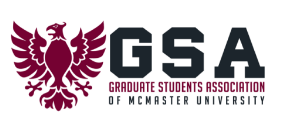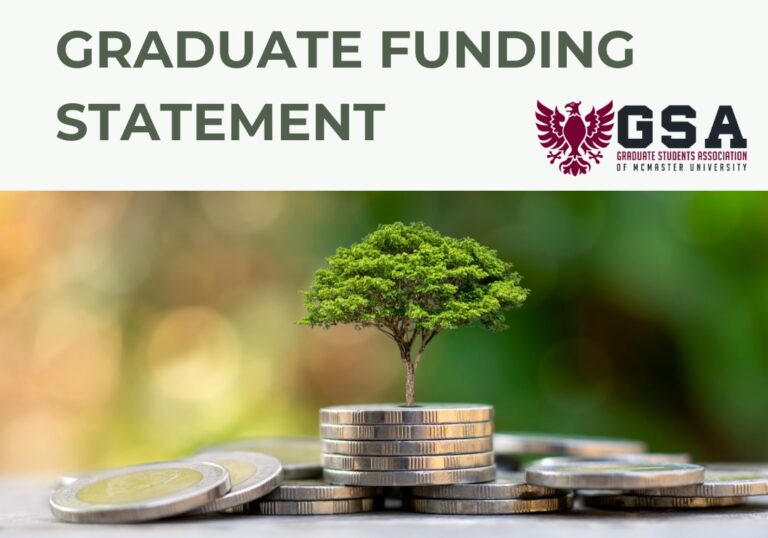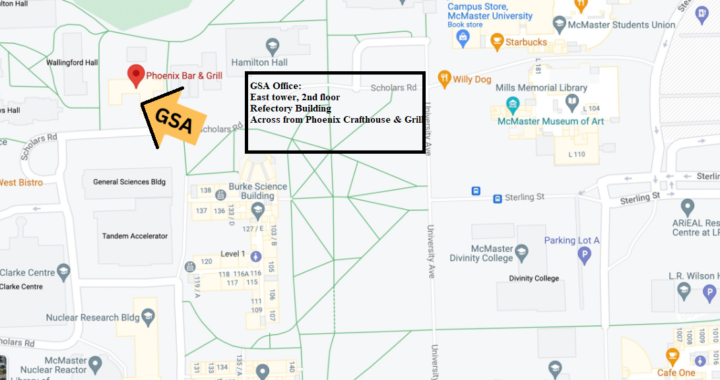McMaster Divest Hunger Strike Letter

David Farrar, President & Vice-Chancellor,
McMaster University, president@mcmaster.ca
Jane Allen, Chair,
Board of Governors, McMaster University, boardofgovernors@mcmaster.ca
Michael Ferencich, Chair, Investment Pool Committee,
Board of Governors, McMaster University, boardofgovernors@mcmaster.ca
March 27, 2023
The courageous students who are entering the second week of a hunger strike at McMaster University are calling for the university to make evidence-based decisions, the type which McMaster researchers in health policy and other fields have helped to make the global gold standard. The University Board of Governors and administrators have ignored and downplayed these considerations. The students are seeking commitments from the University to quickly exit from its fossil fuel investments, and to stop its installation of natural gas fired generators to produce electricity, given the clear evidence that each adds to global warming and that both compromise society-wide and environmental health.
McMaster researchers are world leaders in the development of evidence-based medical and health policy decision-making, and they have shown this makes medical and societal health practices more effective, safer, more efficient, and more widely available. McMaster’s administrators often and rightly highlight these achievements in their student recruitment and fund-raising campaigns. But they do not practice what they celebrate, damaging the university’s reputation.
Decade-long discussions with student and faculty groups on the divestment of university funds from investments linked to the production and use of fossil fuels have repeatedly been followed by slow incremental declines as well as by increased fossil fuel investments when energy prices rise. The decision last year to install fossil fuel burning generators to produce electricity to meet peak demands was made without a comprehensive public review of alternatives. These decisions adversely affect the health of our campus, city, and society.
The university is taking the easiest path to increasing its incomes, without making the significant adverse health consequences it is creating a determinant in its decisions. There are energy saving measures other than natural gas fueled generators that offer ways of reducing university peak energy demand and that also make the university eligible for substantial Ontario electricity cost savings. Fossil fuel divestments have been completed much more quickly by numerous other universities, with larger and smaller budgets than McMaster. There are alternative ways of meeting McMaster’s financial goals.
McMaster’s continuing defence of decisions that damage our individual, family and societal health is irresponsible, including by its own standards. McMaster should heed the students’ call by re-considering its decisions.
Indeed, McMaster should extend and apply evidence-based decision making not only to its own operations, but by promoting these practices and standards more generally. For example, by demonstrating how all decisions that effect health or climate change should and can incorporate evidence-based knowledge of the health consequences.
This is a part of the vision the students who are on the hunger strike offer to the university and to all of us.
Signed,
Paul Dekar
Harvey Feit
Atif Kubursi
Graeme MacQueen
Don McLean
Gary Purdy
Rama Singh
Don Wells
The signees are an honorary degree recipient, faculty member, emeritus faculty, and former faculty of McMaster University.
Cc:
Mac Divest, macdivest@opirgmcmaster.org
Simranjeet Singh, President, McMaster Students Union (MSU), president@msu.mcmaster.ca
Caroline Seiler, President McMaster Graduate Student Association, gsapres@mcmaster.ca
Katherine Cuff, President, McMaster University Faculty Association (MUFA), mufapres@mcmaster.ca
Susan Birnie, President, McMaster University Retirees Association (MURA), birnie@mcmaster.ca
Susan Tighe, Provost and Vice President, Academic, provost@mcmaster.ca
Steven Moore, Treasurer, treasury@mcmaster.ca
Saher Fazilat, Vice-President (Operations and Finance), vpadmin@mcmaster.ca
Karen Mossman, Vice-President (Research), vprsrch@mcmaster.ca
Debbie Martin, Acting Vice-President (University Advancement), vpua@mcmaster.ca
Paul O’Byrne, Dean, Faculty of Health Sciences and Vice-President, deanfhs@mcmaster.ca
Maureen MacDonald, Dean, Faculty of Science, deansci@mcmaster.ca
Heather Sheardown, Acting Dean, Faculty of Engineering, deaneng@mcmaster.ca
Jeremiah Hurley, Dean, Faculty of Social Sciences, deansoc@mcmaster.ca
Pamela Swett, Dean, Faculty of Humanities, deanhum@mcmaster.ca
Khaled Hassanein, Dean, DeGroote School of Business, deanbus@mcmaster.ca
3
Steve Hranilovic, Dean of Graduate Studies and Vice-Provost, deangrad@mcmaster.ca
Beth Couchman, President, UNIFOR local 5555, beth.couchman@unifor5555.ca
Jim Quinn, Professor, McMaster, quinn@mcmaster.ca
Gary Warner, Professor Emeritus, McMaster, Warner, Gary warner@mcmaster.ca
CBC, desmond.brown@cbc.ca, hamilton@cbc.ca, bobby.hristova@cbc.ca
The Spec, helliott@thespec.com, tmoro@thespec.com
The Globe and Mail, cbrousseau@globeandmail.com
CTV, newsonline@bellmedia.ca , news@bellmedia.ca
TV Ontario, jmcgrath@tvo.org
CHCH, jason.gaidola@chch.com
CHML, news@900chml.com, rzamperin@900chml.com
The Narwal, emma.mcintosh@thenarwhal.ca
The Sil, editorinchief@thesil.ca, news@thesil.ca
If you would like further information relevant to this letter, please contact Don Wells at wellsd@mcmaster.ca





